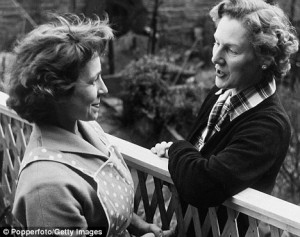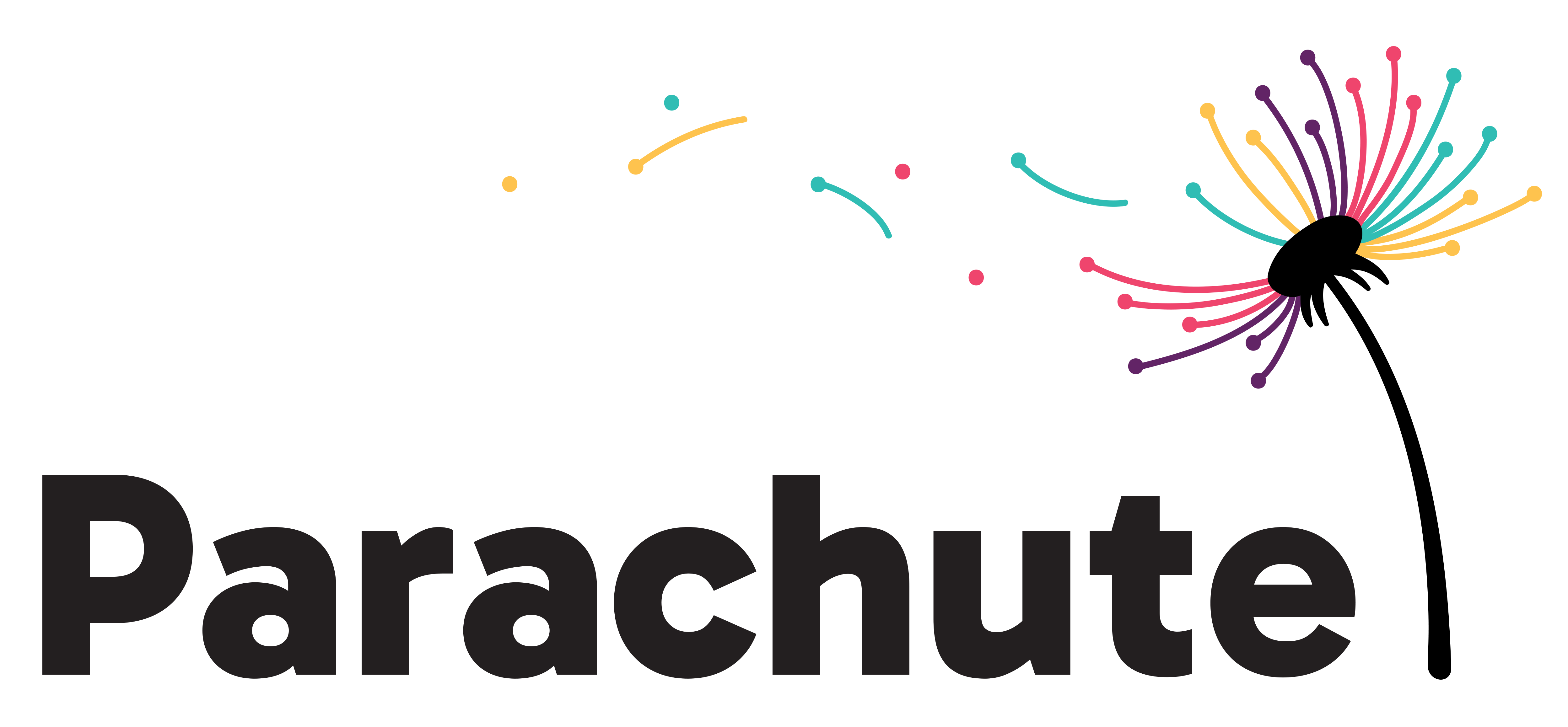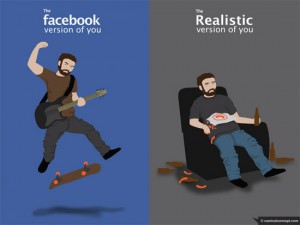Facebook has killed our curiosity
It was supposed to be my 20 year High School Reunion on Saturday night, but it was cancelled due to lack of numbers. Out of 104 people in my graduating year, only 11 registered for the reunion.
I found myself wondering why? Apparently previous years there had been a great turn out. Was my year just not close or not interested? No – because I still see about 40 people from my year on an annual basis. So is this why? Do we see enough of each other that we don’t need a reunion? No – because there are another 60+ people I haven’t seen for over a decade. And my sister said to me “Facebook has killed reunions. People aren’t curious because they know what everyone is doing via social media”.
Social media isn’t real
And this made quite a lot of sense. But then I was overlaying this with months of passive observation of the behaviour of friends and entrepreneurs that I follow on Facebook or Instagram.
Based on the status updates I see I am led to believe that some individuals are
a) having a fabulous time
b) out and about a lot – going places that I want to go with views I want to see
c) eating good food and drinking expensive champagne
d) quoting legends and making me feel as inspired as I assume they are.
Then I discover that Social Media isn’t real.
Because when I speak with these same people, they’re miserable, suffering depression, working 14 hour days and getting reprimanded by their colleagues and are lonely. But that’s not what I saw on Facebook and thus that’s why I haven’t been in touch as much because I thought you were ‘sweet as’.
Non-profits are telling real stories in social media
But then I think about the digital strategies that I recommend to non-profits to use real stories and case studies to engage with their supporters and show the work that is being done because of their generous donations. In this sense, social media is real. The stories that we’re telling are true.
- The work that is being done to stop BP from being able to drill for oil in a whale sanctuary in the Great Australian Bight is real.
- Emergency relief centres in Western Sydney do provide counselling and fresh vegetables to poor families who are struggling to put food on the table
- People across the world are joining together to demand equality for girls to prevent child marriage.
All of these stories are absolutely 100% real and accurate and are told through social media (among other digital channels).
Communication hasn’t changed – just the medium is different
 When I do training in Social Media or give a presentation, I often show an image of two women talking over the fence and I tell my audience that Social Media is just another form of communication. That the things we talk about and share with our friends and acquaintances on social media is the same thing we would have shared and talked about over the fence. I say “We are what we share”. And I do still believe that.
When I do training in Social Media or give a presentation, I often show an image of two women talking over the fence and I tell my audience that Social Media is just another form of communication. That the things we talk about and share with our friends and acquaintances on social media is the same thing we would have shared and talked about over the fence. I say “We are what we share”. And I do still believe that.
But what I’ve realised just in the last few weeks is that all communication is presented from a certain angle. Many people (whether they admit it or not) want to show the world a certain type of persona – perhaps its the person they wish their were (their best side). And it doesn’t matter whether its over the fence or on Social Media for the wider community to see.

